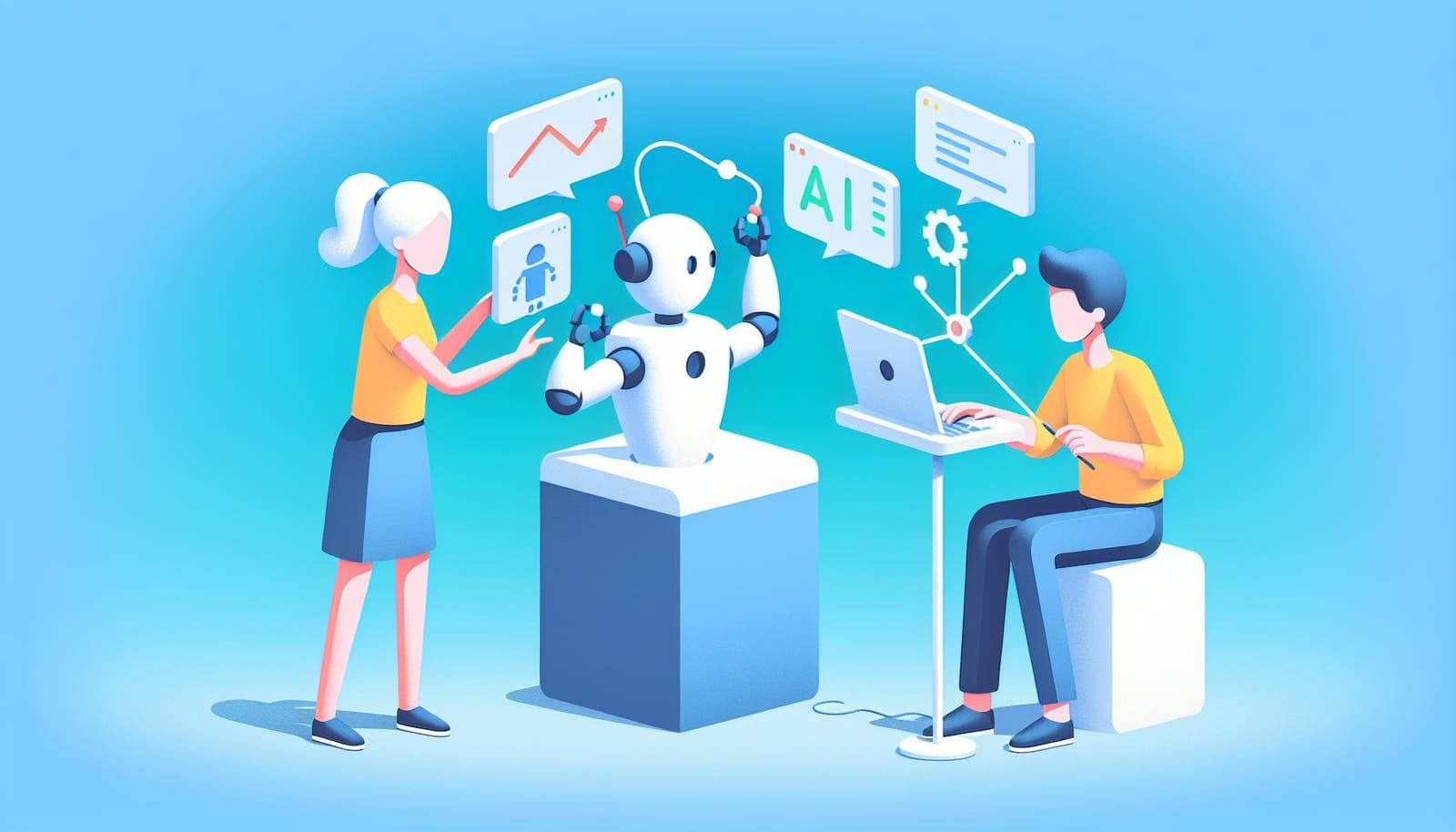The world of entertainment has always been a fascinating blend of creativity and technology. Today, artificial intelligence (AI) is revolutionizing how movies and music are created, produced, and consumed. From enhancing storytelling to generating new music, AI is transforming the entertainment landscape in ways we might never have imagined. This article explores how AI is making waves in movies and music, and what it means for the future of entertainment.
AI in Movies: A New Era of Storytelling
Imagine sitting in a dark theater, popcorn in hand, ready to immerse yourself in a fantastic story. Behind the scenes, AI is working hard to enhance that experience. One of the most exciting applications of AI in filmmaking is scriptwriting. AI algorithms can analyze countless screenplays to identify trends, tropes, and successful formulas. This data helps writers create compelling stories that resonate with audiences.
Moreover, AI is also being used in the editing process. Traditionally, editing a film can take weeks or even months. However, AI can quickly analyze footage and suggest the best cuts, saving time and resources. This allows filmmakers to focus on their creative vision instead of getting bogged down in lengthy editing sessions.
Another fascinating use of AI in movies is in visual effects. AI can create stunning CGI (computer-generated imagery) that enhances the visual experience. For instance, AI can generate lifelike animations for characters or create entire virtual worlds that would be impossible to build in real life. Think of movies like "Avatar" or "The Lion King" (2019) — much of the breathtaking visuals we see are powered by AI technology.
AI in Music: Composing the Future
Music is another area where AI is making a significant impact. Imagine an AI that can compose new songs, just like your favorite artists. AI algorithms analyze thousands of songs across various genres to understand patterns in melody, rhythm, and lyrics. With this knowledge, AI can create entirely new pieces of music that sound fresh and innovative!
One prime example is OpenAI's MuseNet, which can generate songs in different styles, from classical to pop, and even blend multiple genres. Musicians and composers can use these AI-generated pieces as inspiration or incorporate them into their own work. This collaboration between humans and AI opens up exciting possibilities for creativity.
AI is also changing how we listen to music. Streaming platforms like Spotify and Apple Music use AI algorithms to recommend songs based on your listening habits. This personalized experience helps listeners discover new artists and genres they may not have found on their own. Imagine having a virtual DJ that knows your taste in music better than anyone else!
Enhancing User Experience with AI
One of the most significant benefits of AI in entertainment is its ability to enhance user experience. Imagine being able to watch a movie where the storyline adapts based on your preferences or a music app that creates a unique playlist just for you. AI is making this possible!
For instance, some platforms are now experimenting with interactive storytelling, where viewers can make choices that influence the plot. This concept is reminiscent of choose-your-own-adventure books but taken to a whole new level. With AI, filmmakers can create dynamic narratives that respond to audience input, making the viewing experience more engaging and personalized.
In the music world, AI-driven apps can analyze your mood and recommend songs to match how you feel. Feeling happy? You'll get upbeat tunes. Feeling sad? The app might suggest soothing melodies to lift your spirits. This ability to tailor content to individual emotions is one of the most exciting advancements in entertainment technology.
The Future of AI in Entertainment
As we look ahead, the future of AI in movies and music is incredibly promising. While some people worry that AI might replace human creativity, the reality is that it will likely serve as a powerful tool that enhances our artistic expressions. Just as cameras and computers revolutionized filmmaking and music production, AI will open up new avenues for creativity.
For filmmakers, this could mean even more sophisticated visual effects, smarter scripts, and more efficient production processes. For musicians, AI could lead to innovative sounds and collaborative projects that push the boundaries of genres.
However, as with any technology, there are challenges to consider. Issues like copyright, ethics, and the role of human creativity in a world increasingly influenced by AI need to be addressed. As we embrace AI in entertainment, it is essential to ensure that it complements rather than replaces human artistry.
Conclusion: Embracing the Change
AI is undeniably changing the entertainment industry, offering exciting possibilities for filmmakers and musicians alike. By enhancing storytelling, revolutionizing music composition, and personalizing user experiences, AI is paving the way for a new era of creativity and innovation.
As we continue to explore the potential of AI in movies and music, one thing is clear: the future of entertainment will be a collaborative effort between humans and machines. So, the next time you watch a movie or listen to your favorite song, remember that there's a good chance AI played a role in crafting that experience. Embrace the change, and let your imagination soar!


